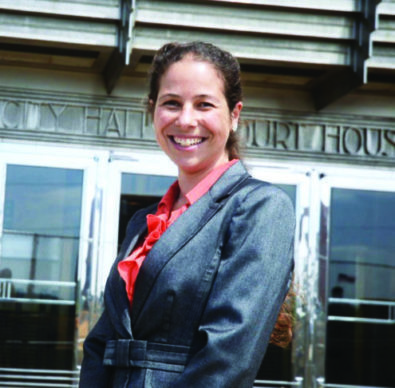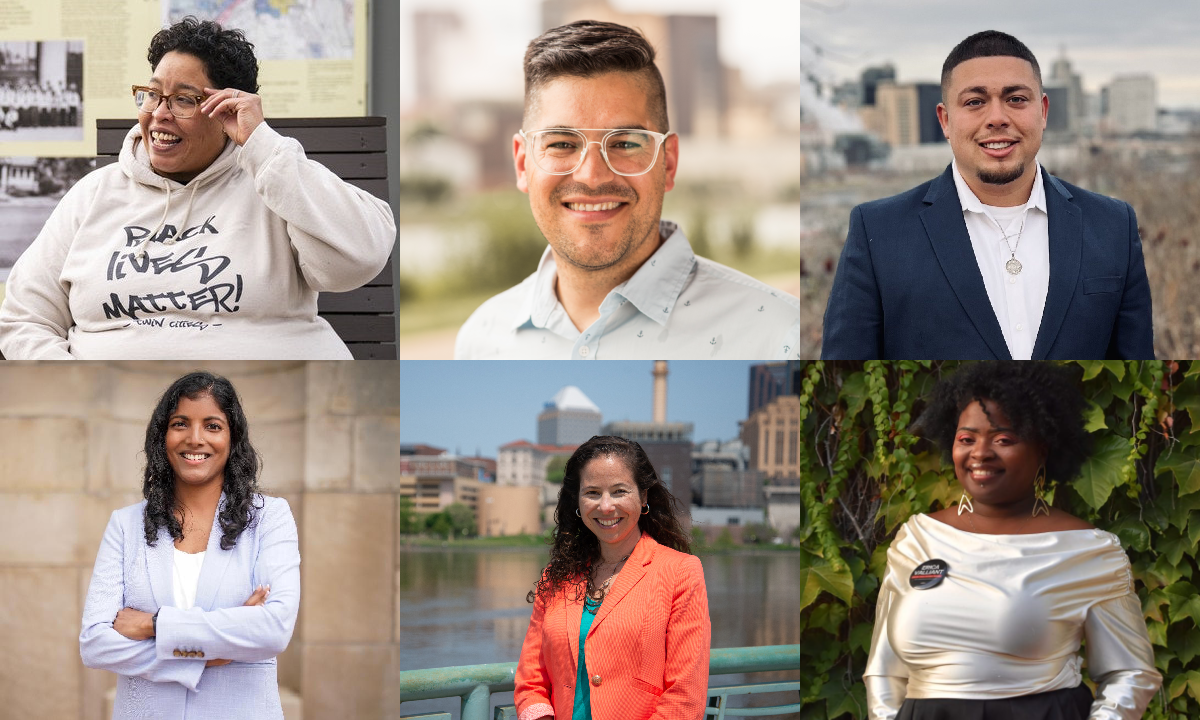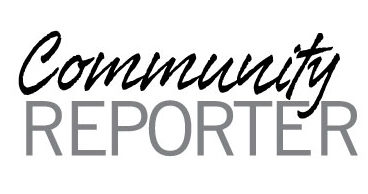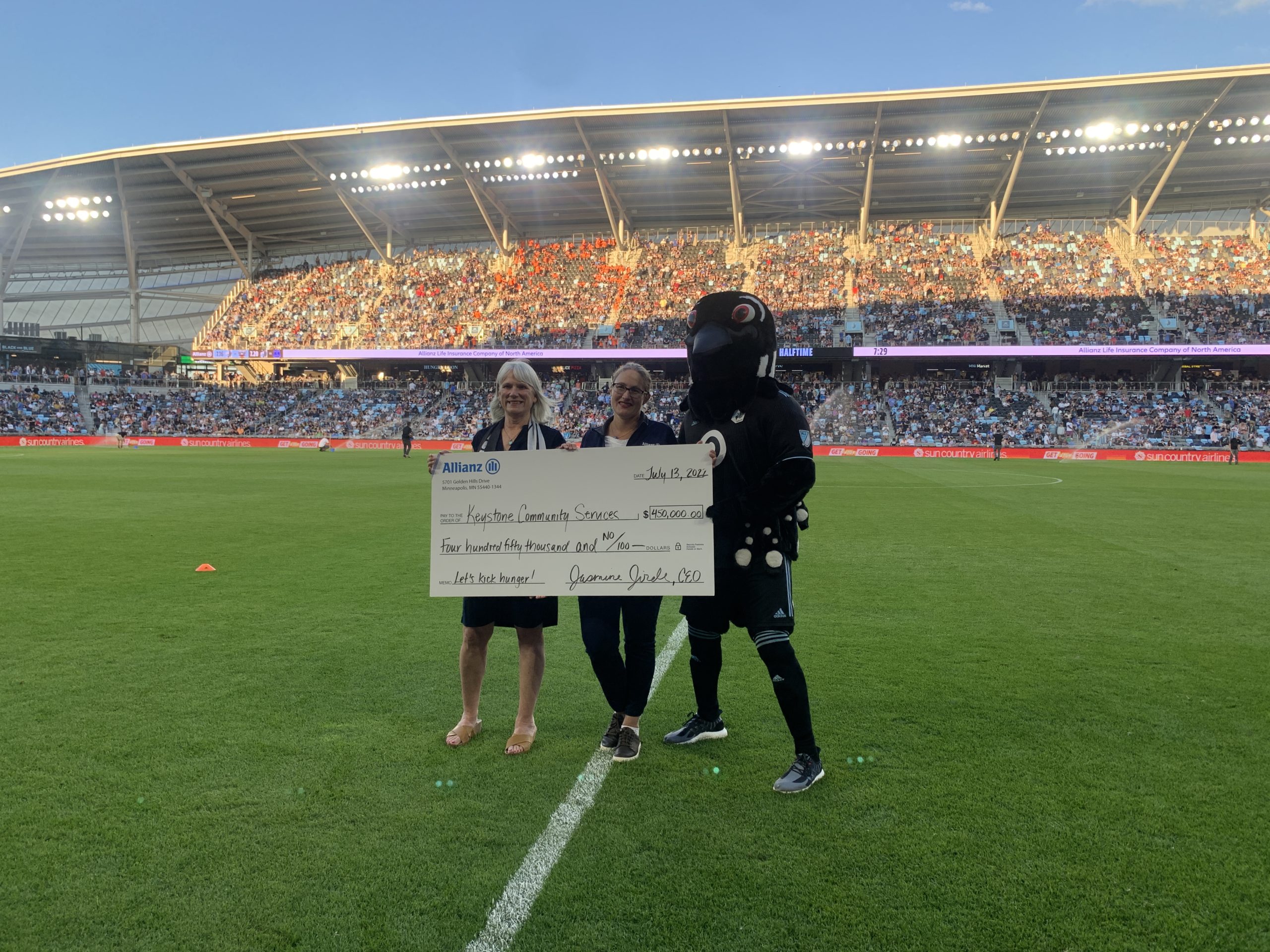Different Paths are Possible
The psychologist Edward de Bono once proposed a seemingly contradictory idea: that you can be “blocked by openness.”
He explains it like this: Once you get used to taking a certain route to work, you’ll continue taking it every day. But if one morning there’s construction blocking your way and you’re forced to find an alternate route, you may stumble upon an entirely different — perhaps better — path that you’d never have found otherwise. In other words, the openness of your regular road was actually a kind of impediment — it was blocking you from discovering another way.
I haven’t been taking very many roads lately — to work or anywhere else. Like all of us, I’ve been staying home, trying to adjust to the new reality of a global pandemic.
It’s been a struggle to balance being a City Council member and a mom-turned-homeschool-teacher, tuning into emergency operations center calls while reviewing my kids’ worksheets on double-digit addition and parts of speech. I miss seeing my constituents face to face — so much is lost when we meet on screens, not in coffee shops. And I’m frustrated that the magnitude of this crisis makes it hard to help the residents and business owners in my ward who are struggling.
But in the midst of all these challenges, I’ve found myself thinking about De Bono’s point and wondering how this crisis might also be an opportunity, how this blockade might shake us out of our old routines and open us up to new and better ways of doing things.
During this pandemic, we’ve shown that city government can act quickly and cut through red tape when necessary. We’ve launched emergency relief programs, sanctioned curbside take-out and reduced licensing fees — in days, not months. Could we make this efficiency and flexibility the new normal, even after the crisis recedes?
Social distancing has required us to adopt new technology to hold City Council and other public meetings remotely. Though online platforms have their limits, virtual meetings have made civic life accessible for the many St. Paulites who are normally unable to attend in person due to work, childcare, transportation or other constraints. Can we continue to use technology to help people engage, even once in-person gatherings resume?
As we confront what is sure to be a severe budget crisis, can we ignore the temptation to choose short-term fixes that will just get us past the current emergency, and instead seize the opportunity to rebuild our budget from the ground up — fund what’s working, cut what’s not and do our work in new ways to save time and money?
Finally, we must confront this pandemic’s glaringly disparate impacts on our low-income neighbors and our neighbors of color. Can the pain of this crisis motivate us to root out the inequities that continue to divide us and hold us back?
I believe we can do all this and more. Despite the pain and uncertainty of this moment, we can make meaning out of it by learning from the new options it presents. And we can emerge stronger and more united than ever.




